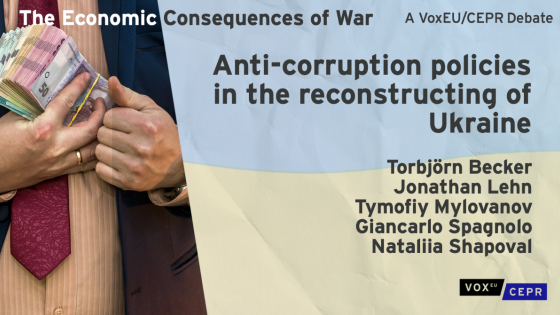Discussion paper
DP11898 Whistle-Blower Protection: Theory and Experimental Evidence
Whistle-blowing by employees plays a major role in uncovering corporate fraud. Various recent laws aim at improving protection of whistle-blowers and enhancing their willingness to report. Evidence on the effectiveness of such legislation is, however, scarce. Moreover, critics have raised worries about fraudulent claims by low-productivity employees. We study these issues in a theory-guided lab experiment. Easily attainable ("belief-based") protection indeed leads to more reports, both truthful and fraudulent. Fraudulent claims dilute prosecutors' incentives to investigate, and thereby hamper deterrence. These effects are ameliorated under more stringent ("fact-based") protection.
£6.00

